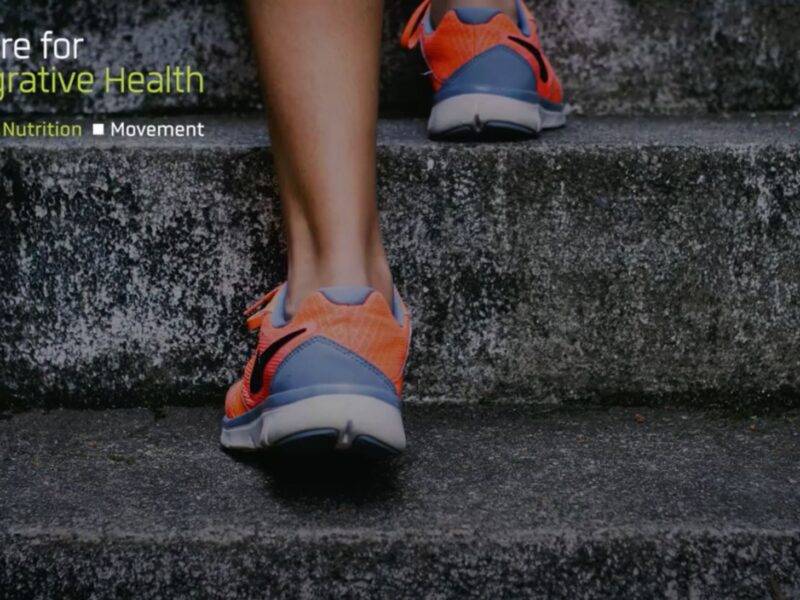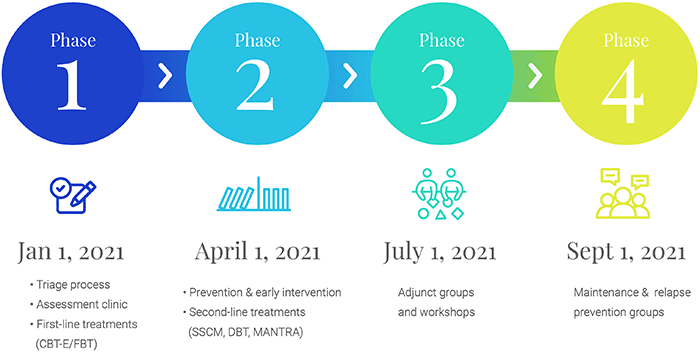
Cultivating kindness: Embracing Mindful Self-Compassion on Your Recovery Journey
Mindful self-compassion can help you to become your own best friend and supporter through recovery.

Mindful self-compassion can help you to become your own best friend and supporter through recovery.

As the new year begins, the world is abuzz with talk of resolutions. These can seem motivating, they can also bring pressure, guilt, and an all-or-nothing mindset that’s hard to maintain.

For most people, Christmas. It’s the most wonderful time of the year. However, for individuals with an eating disorder, it is anything but.

For many people, exercise is a good thing, but what about when exercise is used as a form of self-punishment?

We have a general view of what an eating disorder “looks” like, however, the majority of individuals who meet the diagnostic criteria do not fit this image.

Increased risk of social comparison can have devastating impacts on a person’s body image and self-esteem.

A GP sees (either knowingly or unknowingly) at least 1 patient with an active eating disorder each day.

Interview with Dr. Kiera Buchanan, Director of the Centre For Integrative Health, after being awarded the 2017 James Cook University ‘Outstanding Alumni’ Award.

Ashleigh Olive proposes a number of red flags that can help to identify someone with or at risk of an eating disorder.

In our commitment to reducing the prevalence and mortality rates of eating disorders, CFIH identified the need to improve our model of service delivery model

I met Kiera in 2018 on a trip with ‘The Hunger Project’. On a bus in rural Uganda, we spoke about her work as a psychologist empowering people of all body shapes and sizes.

On International Women’s Day, we passionately strike the #EachforEqual pose. To us, this pose symbolises equality, compassionate boundaries, allyship, and the disruption of destructive gender-based cycles.